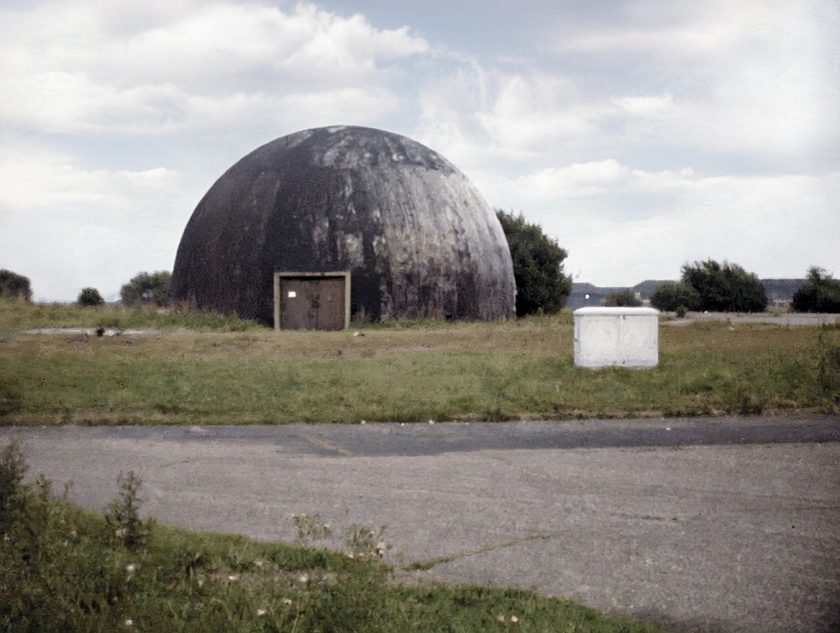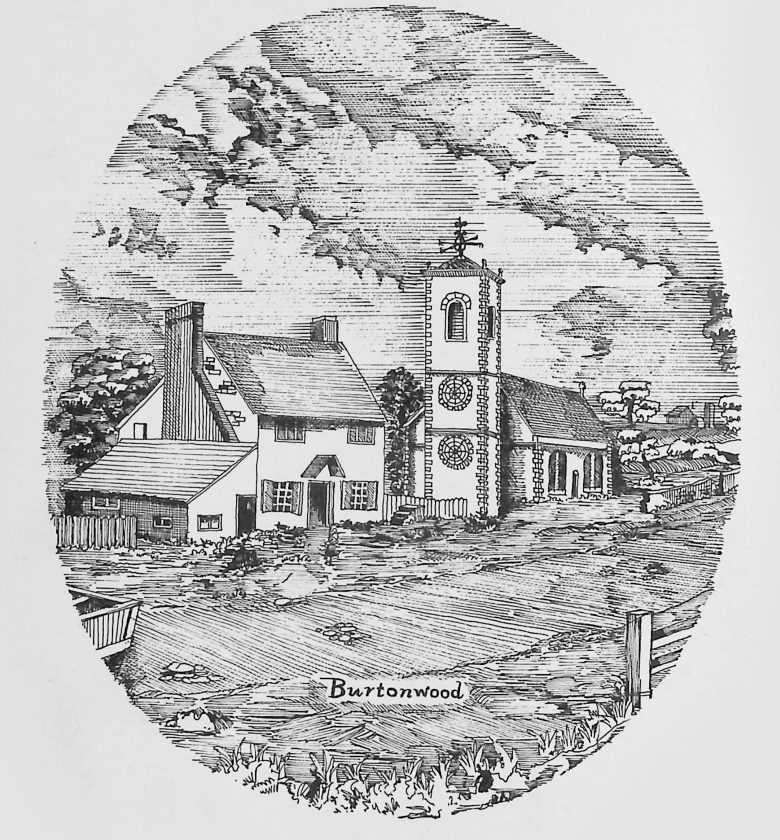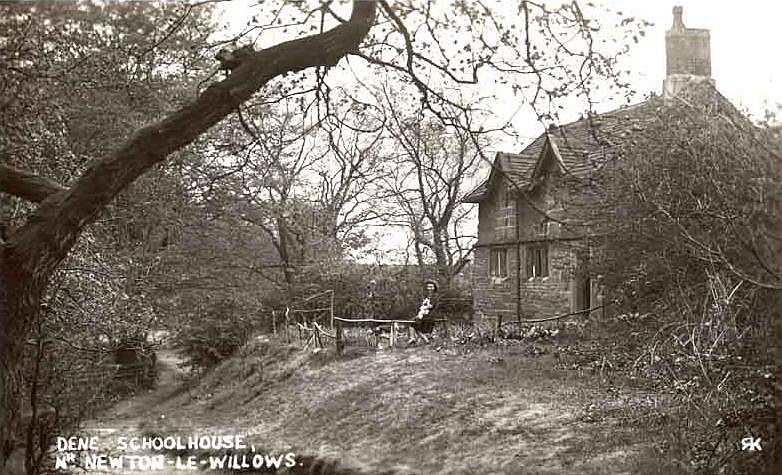NEWTON, LANCASHIRE.
Newton, commonly called Newton in the Willows, is five miles from Warrington, seven from Wigan, IS from Preston, 45 from Lancaster, and 1SS from London, in the road from Warrington to Wigan. It is an ancient borough by prescription, governed by a steward, bailiff, and burgesses, and returns two members to Parliament. The right of election is supposed to be in the burgesses, though there is no resolution of the House of Commons respecting it. The steward of the lord of the manor and the bailiff are the returning officers.
In September, 1797, there was a contest between Mr. Langford Brooke and Mr. Patten for this borough: at the close of the poll the numbers were for Mr. Lang-ford Brooke, 39; and for Mr. Patten, 37; on which the former was declared duly elected. This is the first time the borough has been contested since the early part of the reign of Queen Elizabeth, being supposed to he entirely under the absolute command of the Hay-dock family, and to preserve it was an object of so much importance as to occasion an unremitting exertion on the part of the friends of Mr. Patten, who was supported by that interest, Mr. Brooke relying entirely on the independent interest of the borough.
There was formerly a market on Saturday, now discontinued. Fairs, May 17th and August 11th and 12th for horned cattle, which are brought out of Scotland, and the northern parts of England, and sold here in vast numbers to the drovers who supply London and the eastern counties. On the second days of these fairs are sold horses, etc. Here is a manufactory of fustian, and another of cotton. The chapel has a clock, and there is a cross (formerly a market-cross) in the cemetery.
There is a charity-school, where about eighty boys and girls are educated at the expense of Colonel Legh, lord of the manor, who has a seat a little way out of the town, in the road to Ashton, and another charity-school, founded in 1707 by one Hornby, a yeoman of the place. There are no mails or other coaches to or from this place. The letters from London arrive here every morning at three o’clock by a cross-post, and are dispatched at ten at night. Letters are dispatched for Wigan at three in the morning, and arrive from the same place at ten at night. Edward Berry, post master.
This place, by the late inland navigation, has communication with the rivers Mersey, Dee, Ribble, Ouse, Trent, Derwent, Severn, Humber, Thames, etc., which navigation, including its windings, extends above 500 miles, in the counties of Lincoln, Nottingham, Lancaster, York, Stafford, Warwick, Leicester, Oxford, Worcester, etc. —Universal British Directory, c. 1800.
NEWTON.
The new Boundary Act has appointed it one of the stations for taking votes at the election of knights of the shire for the southern division of the county. Courts Leet are held in the months of April, May, and October. Fustians were formerly manufactured here to a considerable extent.
The principal establishments are several cotton-spinning factories, two extensive iron foundries, a manufacture of crown glass on a large scale, and another for vitriol of considerable magnitude.
A splendid inn, the Legh Arms, has lately been erected here. The pleasure-grounds around it are very extensive and laid out in the best taste, and as the inn immediately adjoins the railway it is likely to be much frequented.
The chapelry contained, according to the returns in 1821, 1,643 inhabitants, and in 1831, 2,139.
Post Office, Legh Arms Inn, Thos. May, postmaster.
Tayleur and Stephenson, Vulcan Foundry.
Malsters, Ellen Houghton, Henry Pennington.
Blue Bell, Peter Leather;
Blue Lion, James Molyneux;
Cork in his Glory, James Roden, Newton Common;
Horse and Jockey, Thomas Fairclough;
Millstone, Miriam Leigh;
Pied Bull, James Hamer:
Red Lion, Henry Smith ;
Royal Oak, James Jolley;
Swan, John Smiley, Newton Common;
White Lion, James Gaskell.
Retailer of Beer, James Forster.
—Pigot’s Directory, 1834
Transcribed from original documents by Steven Dowd ©2006


